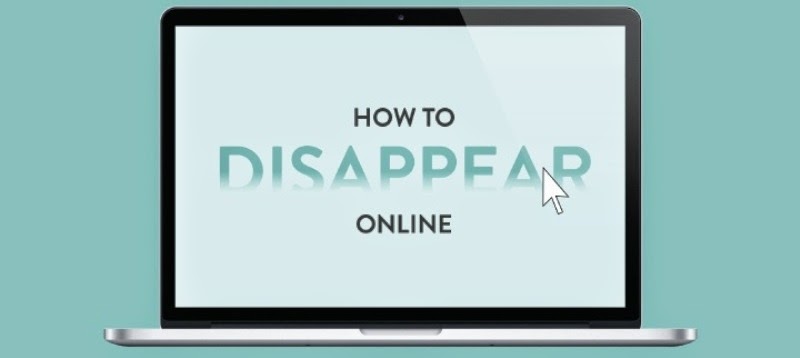A Message from American Bar Endowment.
Why do pro bono?
Obviously, the primary reason to do pro bono work is to help those less fortunate who may have a serious need for your legal skills and knowledge. When you decided to become a lawyer you likely had a desire to promote justice and to make it equally accessible to all people.
Pro bono work clearly helps accomplish that goal. However, there are actually a number of additional benefits to performing pro bono work.
Fulfill professional responsibility
Remember why you wanted to study the law in the first place.
Gain personal satisfaction derived from providing these services
It makes you feel good, helping with the stress and sometimes depression that can come with practicing law.
Acquire new experience and training
Whether it’s a different type of law, case, or segment of society, you can gain new and important knowledge.
Demonstrating faith-based commitment
Depending on your religious beliefs, it could provide additional evidence of your commitment.
Learn cross-cultural skills
Gives you the opportunity to connect with and serve different clients.
Gain insights of the legal needs of the poor
If you don’t normally work with the poor and disadvantaged, it could change your perspective.









